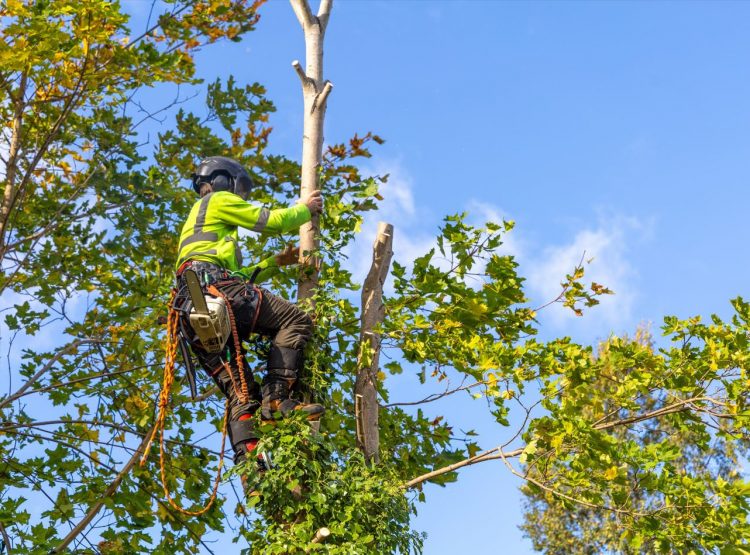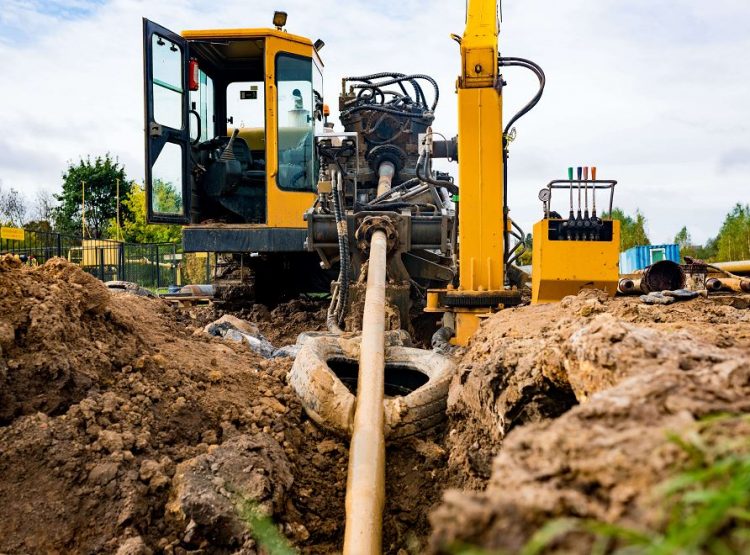- Home
- Equipment
- Utility Install
- HDD Directional Drills
- D8X12 Horizontal Directional Drill (HDD)
- D10x15 S3 Horizontal Directional Drill (HDD)
- D20x22 S3 Horizontal Directional Drill (HDD)
- D23X30 S3 Horizontal Directional Drill (HDD)
- D23x30DR S3 Horizontal Directional Drill (HDD)
- D24x40 S3 Horizontal Directional Drill (HDD)
- D40x55DR S3 Horizontal Directional Drill (HDD)
- D60x90S Horizontal Directional Drill (HDD)
- D130S Gen 2 – Horizontal Directional Drill (HDD)
- D330x500 Horizontal Directional Drill (HDD)
- HDD Reclaimers
- HDD Mixing and Locators
- HDD Directional Drills
- CIVIL CONSTRUCTION & RENEWABLE ENERGY
- Mining & Pipeline Installation
- Tree Care, Landscaping, & Forestry
- Utility Install
- Equipment
- HDD Directional Drills
- HDD Directional Drills
- D8X12 Horizontal Directional Drill (HDD)
- D10x15 S3 Horizontal Directional Drill (HDD)
- D20x22 S3 Horizontal Directional Drill (HDD)
- D23X30 S3 Horizontal Directional Drill (HDD)
- D23x30DR S3 Horizontal Directional Drill (HDD)
- D24x40 S3 Horizontal Directional Drill (HDD)
- D40x55S3 (HDD) Horizontal Directional Drill
- D60x90S Horizontal Directional Drill (HDD)
- D130x150S Pipeline Directional Drill
- D220x300 Navigator® Horizontal Directional Drill
- D330x500 Navigator® Horizontal Directional Drill
- HDD Directional Drills
- HDD Reclaimers
- HDD Mixing and Locators
- Vacuum Excavators & Trucks
- Solar Pile Drivers & Trenchers
- Specialist Vacuum Equipment
- Surface Miners
- Track Trenchers & Drill Blast Vac’s &
- Wood Chippers
- Stump Grinders
- Mini Skid Steers
- Pipeline Machinery
- Pipeline Machinery
- High-Pressure Mud Pumps
- D130s Navigator® Horizontal Directional Drill
- D100x140 S3 Navigator® Horizontal Directional Drill
- D220x300 Navigator® Horizontal Directional Drill
- D330x500 Navigator® Horizontal Directional Drill
- D550 Horizontal Directional Drill (HDD)
- D500x500 Navigator® Horizontal Directional Drill
- D750x900 Navigator® Horizontal Directional Drill
- D1000x900 Navigator® Horizontal Directional Drill
- D1320x900 Navigator® Horizontal Directional Drill (HDD)
- T555 Track Trencher
- T655 Track Trencher
- T755 Track Trencher
- T855 Track Trencher
- T955 Track Trencher
- T1055 Track Trencher
- T1155 Track Trencher
- T1255 Track Trencher
- VX100 – 1600 Truck-mounted Vacuum Excavators
- VX100 – 3000 Truck-mounted Vacuum Excavators
- VX100 – 2200 Truck-mounted Vacuum Excavators
- VX200 Truck-mounted Vacuum Excavators
- Pipeline Machinery
- Plows, Trenchers, Rockwheels
- Trenchless Equipment
- Trenchless Equipment
- D8X12 Horizontal Directional Drill (HDD)
- D10x15 S3 Horizontal Directional Drill (HDD)
- D20x22 S3 Horizontal Directional Drill (HDD)
- D23X30 S3 Horizontal Directional Drill (HDD)
- D23x30DR S3 Horizontal Directional Drill (HDD)
- D24x40 S3 Horizontal Directional Drill (HDD)
- D40x55DR S3 Horizontal Directional Drill (HDD)
- D60x90S Horizontal Directional Drill (HDD)
- D130s Navigator® Horizontal Directional Drill
- D100x140 S3 Navigator® Horizontal Directional Drill
- D220x300 Navigator® Horizontal Directional Drill
- D330x500 Navigator® Horizontal Directional Drill
- D500x500 Navigator® Horizontal Directional Drill
- D550 Horizontal Directional Drill (HDD)
- D750x900 Navigator® Horizontal Directional Drill
- D1000x900 Navigator® Horizontal Directional Drill
- D1320x900 Navigator® Horizontal Directional Drill (HDD)
- Trenchless Equipment
- HDD Directional Drills
- Used & Rental Equipment
- Parts & Services
- About Us
- Contact Us
☰
- Home
- Equipment
- Utility Install
- HDD Directional Drills
- D8X12 Horizontal Directional Drill (HDD)
- D10x15 S3 Horizontal Directional Drill (HDD)
- D20x22 S3 Horizontal Directional Drill (HDD)
- D23X30 S3 Horizontal Directional Drill (HDD)
- D23x30DR S3 Horizontal Directional Drill (HDD)
- D24x40 S3 Horizontal Directional Drill (HDD)
- D40x55DR S3 Horizontal Directional Drill (HDD)
- D60x90S Horizontal Directional Drill (HDD)
- D130S Gen 2 – Horizontal Directional Drill (HDD)
- D330x500 Horizontal Directional Drill (HDD)
- HDD Reclaimers
- HDD Mixing and Locators
- HDD Directional Drills
- CIVIL CONSTRUCTION & RENEWABLE ENERGY
- Mining & Pipeline Installation
- Tree Care, Landscaping, & Forestry
- Utility Install
- Equipment
- HDD Directional Drills
- HDD Directional Drills
- D8X12 Horizontal Directional Drill (HDD)
- D10x15 S3 Horizontal Directional Drill (HDD)
- D20x22 S3 Horizontal Directional Drill (HDD)
- D23X30 S3 Horizontal Directional Drill (HDD)
- D23x30DR S3 Horizontal Directional Drill (HDD)
- D24x40 S3 Horizontal Directional Drill (HDD)
- D40x55S3 (HDD) Horizontal Directional Drill
- D60x90S Horizontal Directional Drill (HDD)
- D130x150S Pipeline Directional Drill
- D220x300 Navigator® Horizontal Directional Drill
- D330x500 Navigator® Horizontal Directional Drill
- HDD Directional Drills
- HDD Reclaimers
- HDD Mixing and Locators
- Vacuum Excavators & Trucks
- Solar Pile Drivers & Trenchers
- Specialist Vacuum Equipment
- Surface Miners
- Track Trenchers & Drill Blast Vac’s &
- Wood Chippers
- Stump Grinders
- Mini Skid Steers
- Pipeline Machinery
- Pipeline Machinery
- High-Pressure Mud Pumps
- D130s Navigator® Horizontal Directional Drill
- D100x140 S3 Navigator® Horizontal Directional Drill
- D220x300 Navigator® Horizontal Directional Drill
- D330x500 Navigator® Horizontal Directional Drill
- D550 Horizontal Directional Drill (HDD)
- D500x500 Navigator® Horizontal Directional Drill
- D750x900 Navigator® Horizontal Directional Drill
- D1000x900 Navigator® Horizontal Directional Drill
- D1320x900 Navigator® Horizontal Directional Drill (HDD)
- T555 Track Trencher
- T655 Track Trencher
- T755 Track Trencher
- T855 Track Trencher
- T955 Track Trencher
- T1055 Track Trencher
- T1155 Track Trencher
- T1255 Track Trencher
- VX100 – 1600 Truck-mounted Vacuum Excavators
- VX100 – 3000 Truck-mounted Vacuum Excavators
- VX100 – 2200 Truck-mounted Vacuum Excavators
- VX200 Truck-mounted Vacuum Excavators
- Pipeline Machinery
- Plows, Trenchers, Rockwheels
- Trenchless Equipment
- Trenchless Equipment
- D8X12 Horizontal Directional Drill (HDD)
- D10x15 S3 Horizontal Directional Drill (HDD)
- D20x22 S3 Horizontal Directional Drill (HDD)
- D23X30 S3 Horizontal Directional Drill (HDD)
- D23x30DR S3 Horizontal Directional Drill (HDD)
- D24x40 S3 Horizontal Directional Drill (HDD)
- D40x55DR S3 Horizontal Directional Drill (HDD)
- D60x90S Horizontal Directional Drill (HDD)
- D130s Navigator® Horizontal Directional Drill
- D100x140 S3 Navigator® Horizontal Directional Drill
- D220x300 Navigator® Horizontal Directional Drill
- D330x500 Navigator® Horizontal Directional Drill
- D500x500 Navigator® Horizontal Directional Drill
- D550 Horizontal Directional Drill (HDD)
- D750x900 Navigator® Horizontal Directional Drill
- D1000x900 Navigator® Horizontal Directional Drill
- D1320x900 Navigator® Horizontal Directional Drill (HDD)
- Trenchless Equipment
- HDD Directional Drills
- Used & Rental Equipment
- Parts & Services
- About Us
- Contact Us









